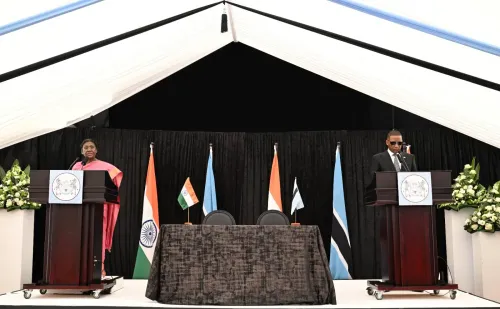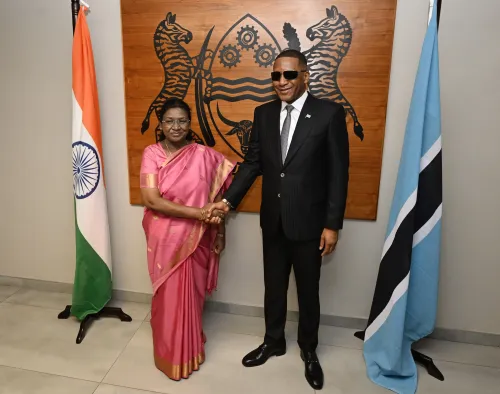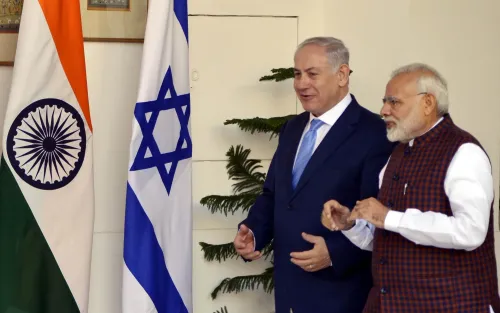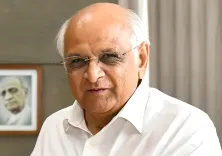Can the National Dialogue Help South Africa Overcome Apartheid's Legacy?
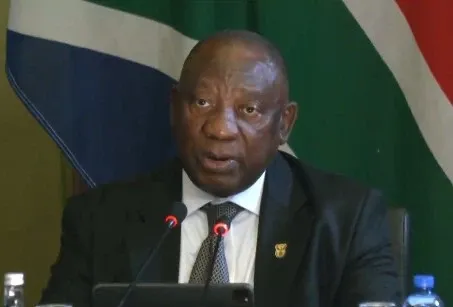
Synopsis
Key Takeaways
- National Dialogue aims to address apartheid's lingering effects.
- President Ramaphosa emphasizes the need for transformation.
- Challenges like poverty and inequality persist.
- Low voter turnout indicates disengagement from democracy.
- Inclusivity is a key focus of the dialogue initiative.
Johannesburg, July 12 (NationPress) As South Africa continues to confront the lingering effects of apartheid, President Cyril Ramaphosa believes the forthcoming National Dialogue presents a vital opportunity to tackle these issues.
"The National Dialogue is a chance to engage South Africans in addressing these challenges and to steer our nation back towards a path of transformation, growth, and advancement," stated Ramaphosa.
During his initial meeting with the National Dialogue Eminent Persons Group at the Union Building in Pretoria, the president recognized the advancements South Africa has accomplished over the last thirty years, as reported by Xinhua news agency.
However, he pointed out that issues like poverty, unemployment, and glaring inequality continue to persist.
"Inequality, poverty, unemployment, violence, and social unrest continue to impact the lives of countless South Africans and obstruct the nation's progress," remarked Ramaphosa. He also highlighted stagnant economic growth, which has adversely affected job creation.
Furthermore, the South African leader expressed concern regarding the low voter turnout in last year's general elections, indicating an increasing disengagement from the democratic process.
He also touched on the issue of poor service delivery, stating, "We have witnessed a decline in governance, reduced service delivery, and rampant corruption and waste of public resources."
The South African Presidency initiated the National Dialogue in June as a collaborative and inclusive effort aimed at uniting citizens from all sectors to confront the nation's significant challenges.
Ramaphosa is anticipated to convene a National Convention on August 15 to establish the agenda for the National Dialogue.


